A game is always engaging for anyone playing it. Gaming requires users to make out a separate time, focus, and setting. However, with smartphones, the pictures are changing.
One can play games from anywhere using their mobile devices. However, some creative minds found a unique way of combining gaming with all the applications. The term is gamification!
With gamification, businesses unlock higher user engagement and revenue.
So, what is it all about? What do the market research reports say about gamification in apps? And in what ways can you implement the same?
Let us uncover all these important questions associated with the gamification of apps.
Table of Contents
The Concept Of Gamification In Apps
Gamification is the use of gaming elements in multiple contexts of application to enhance the user experience and engagement. The technique is now used in a variety of fields, including operations, education, finance, social media, and more. Although gamification does not fall completely into the gaming zone, it is remarkably close to it. With the gamification of apps, companies’ goal is to enhance users’ motivation to use the application more.
Research Insights Associated With App Gamification
There are several studies focused on app gamification to study whether businesses and users enjoy it or not. Here are some insights.
- Smoking cessation apps are on the rise, but to improve the user experience, these apps are implementing gamification strategies. According to research published by the National Library of Medicine, smoking cessation apps in the UK are applying features like trackers and calculators. Nearly 85% of such apps have integrated gamification.
- Further, stress management apps are also applying gamification. A study published in JMIR publications, 62 of stress management applications. And, you will find it interesting that only 8 of the applications were not using gamification techniques. All other 54 apps have some form of gamification included in them.
Planning to build a stress management app?
- Additionally, the eCommerce industry is not behind in applying gamification. It is confirmed through research that gamification strategies confirm intrinsic motivation for buyers, amplifying the buying experience.
- Finally, the e-learning sector is actively applying gamification strategies to apps. In a research, 98% of responses are positive from participants towards gamification.
Why Is App Gamification An Effective Strategy For Businesses?
So, why is gamification hyped? Well, there are a few additional benefits that the gamification of apps delivers to businesses. Here are they:
- Generate organic installs: When gamification is present in your application and you showcase it on respective app stores, users tend to install your application. Of course, gaming ads attract users.
- Driving gear: Businesses implementing gamification can incentivize users to stay engaged in the app. This in turn impacts the retention rate, generating higher revenue for your business.
- User creativity: With gamification, users can unlock their creativity, giving you a few rare insights about your users. You can deliver better personalization to your users.
All the above-mentioned pointers are no doubt crucial for every business. And, when you, as a business, get this, you will surely opt for it. This is the reason why gamification is in hype and is being adopted by more and more businesses with mobile applications.
Top App Gamification Strategies That You Can Add to Your Application
So, we are at the important section of this article now. Now that you have evidence about the popularity of gamification, how about you explore some gamification ideas yourself?
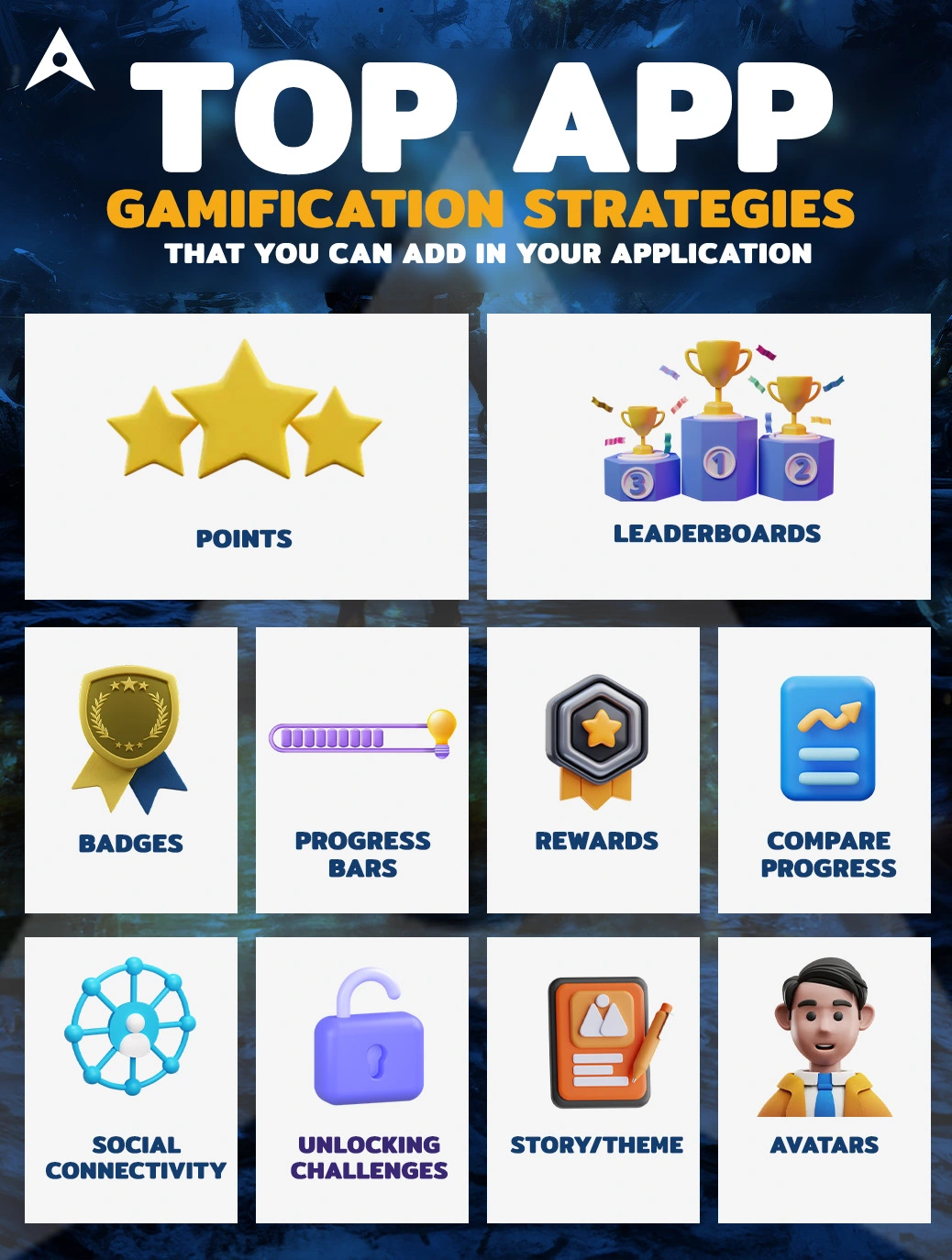
- Points: Rewarding users for completing tasks
- Badges: Upon receiving a certain number of points, offer users a badge for their efforts to recognize their efforts.
- Leaderboards: Adding competitive elements and encouraging users to continue engaging with your application.
- Progress bars: Showcasing live progress bars to let users see how far they are from recognitions and rewards.
- Rewards: offering goodies to users for achievements.
- Compare Progress: Allowing users to compare their progress with the leaders.
- Social connectivity: Promoting engagement through social media integration.
- Unlocking challenges: Amplifying gamification through unlocking new challenges for users.
- Story/Theme: Designing a narrative story or a theme for users.
- Avatars: Modifiable avatars as the users level up in the app.
- Mini-games: In-app mini-games improve user experience.
If you find any or some of the ideas helpful, you can start planning your app gamification strategies to gamify your application. However, it is important to note that your app platform can alter your app gamification process.
For example, in iOS, the development process is different as compared to Android app development hence, keep in mind to contact the right development partner.
Measuring and Analyzing Effectiveness of App Gamification Strategies
But how can you use outputs from gamification strategies for your business? Well, there are a couple of metrics you can focus on while measuring and analyzing the effectiveness of gamification strategies.
- User engagement: Analyzing session times, event conversion rates, and related metrics.
- Completion rates: Identifying completion rates from users.
- User retention: Measuring how successful is one of the gamification strategies.
When you organize the above-mentioned fields systematically, you will unlock the required analysis to find out the success of your gamification strategies. This will also help you build new gamification strategies for your app.
App Gamification Examples From The Leading Industries
Let us present you with some examples from the leading applications that have successfully implemented app gamification strategies.
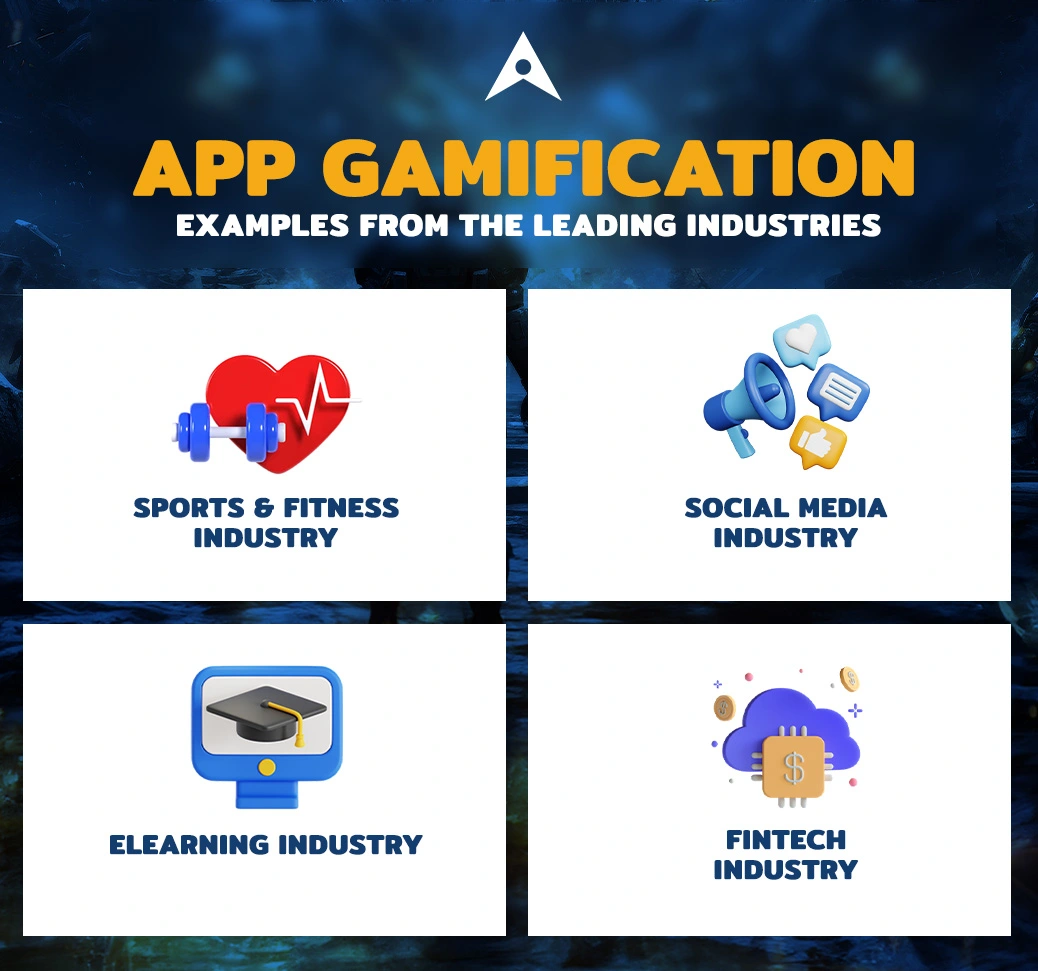
Sports & Fitness Industry
As Sports app development grows, businesses are implementing new ways to gamify their apps. One of the examples is the Nike Run Club. It has adopted gamification like milestone unlocks and registered a 45% growth rate.
Social Media Industry
More than 80% of smartphone users are active on Social media in some form. And, to keep them engaged, apps have redesigned their social media app development strategies to adopt gamification. For example, Snapchat’s streak feature is engaging users to send a snap daily to their friends else the game of streak ends.
Elearning Industry
With more and more businesses stepping into eLearning app development, gamification has become a major basic requirement. To amplify the learning process, apps like Duolingo, Khan Academy, and Codecademy Go have implemented badges, progress dashboards, points, and more app gamification strategies.
Fintech Industry
Mobile banking has become a trend and since smartphones are in everybody’s hands, the need to visit banks has exponentially decreased. With new fintech app development ideas, mobile apps have also brought innovations in the gamification of fund savings. Apps like Smartypig are motivating users by using a progress display bar to add funds and reach their targets.
The above applications are from well-known companies, and as an entrepreneur, you can analyze their gamification strategies to build your successful strategy. However, to implement a successful strategy, you should build it right. And hiring dedicated app developers for gamification can help you achieve the required success.
Key Areas To Focus While Building Your App Gamification Strategy
Before moving to the end sections of this in-depth app gamification strategies guide, we want to lay down a few key areas that you should not ignore while building your strategy.
- Freedom of choice: Allow users to act voluntarily, i.e., have the freedom to deactivate and activate gamification.
- Benefits and Meanings: Influence must be relevant to creators and users to motivate them.
- Personalized experience: Do not impose the same gamification techniques on all the users; rather, focus on personalization.
- Long-term interaction: Let users engage with your application for a long term if they wish to.
How Much Does It Cost To Gamify An App?
Gamification of applications requires good concentration on the development part. The cost part depends on your requirements, i.e., how many elements of gamification you want to integrate into your application.
For a rough estimate, a simple gamified e-learning mobile application could cost you $30,000 to $60,000. And as you increase the complexity, you will demand more resources and efforts from your digital transformation agency.

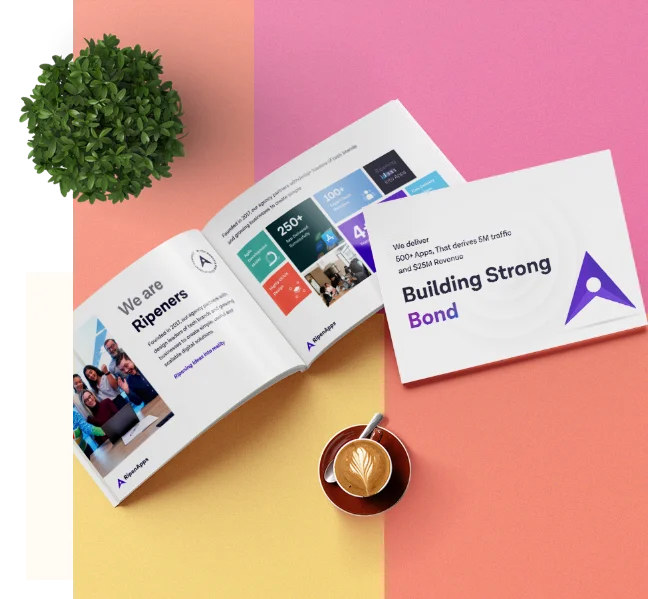
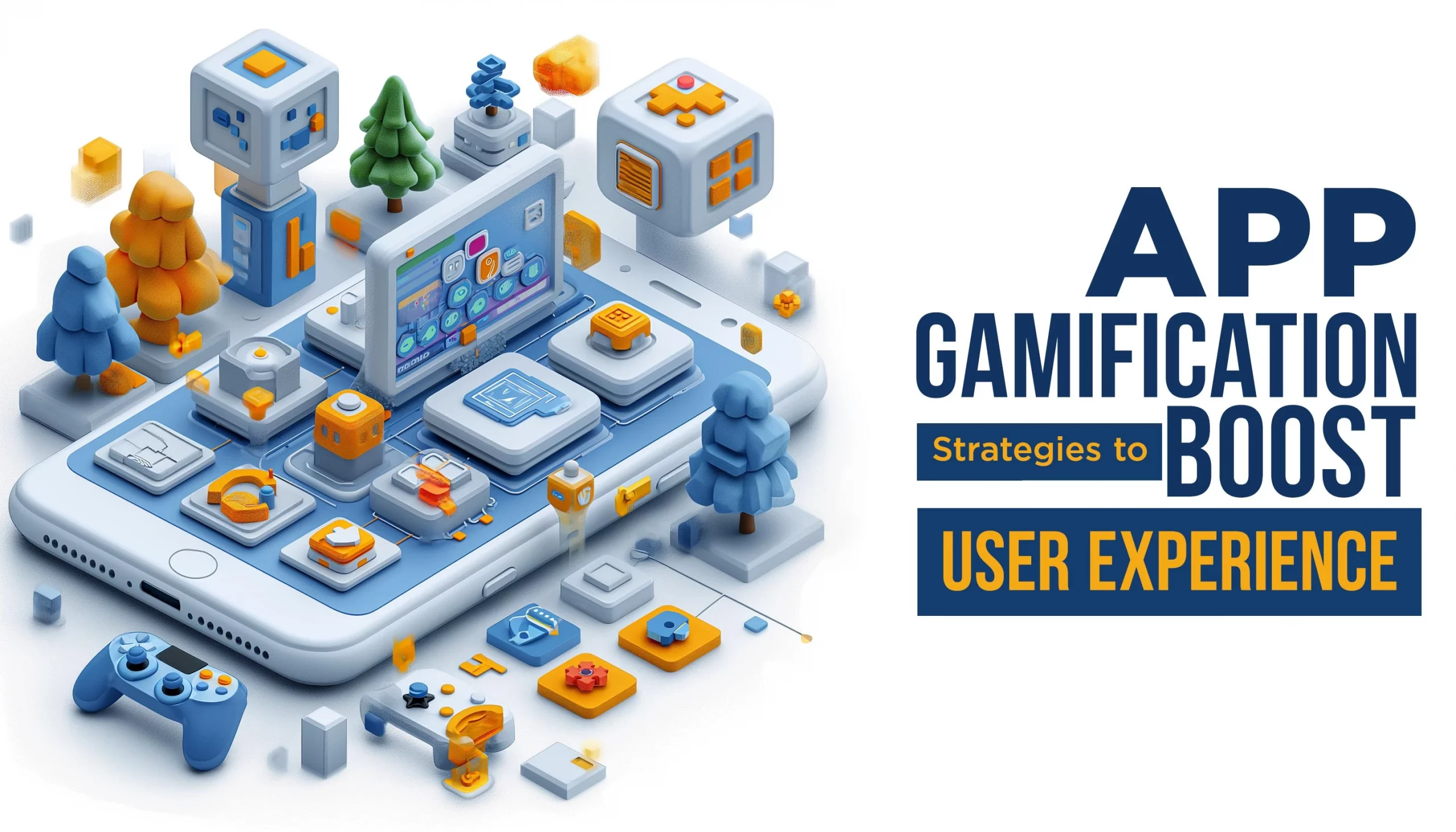


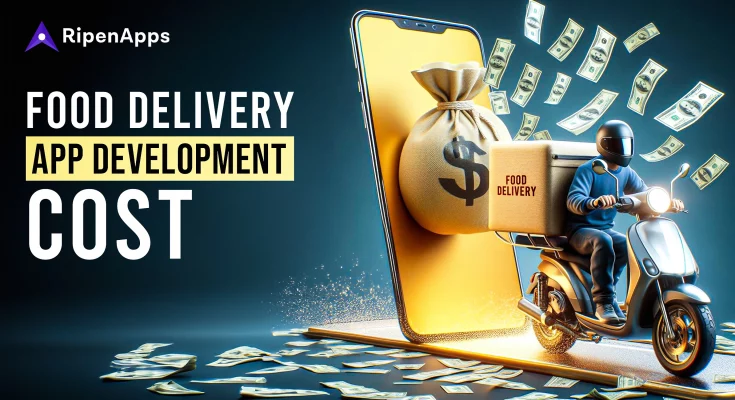
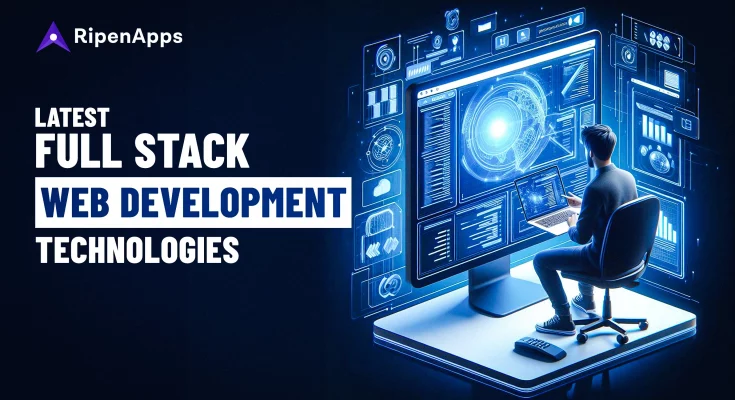
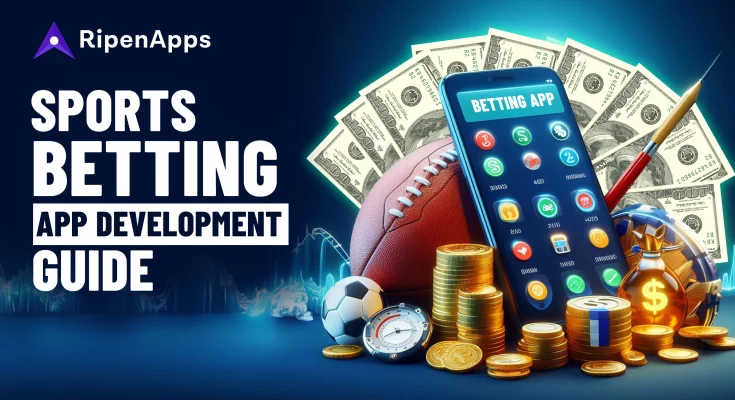

 India
India USA
USA Australia
Australia Canada
Canada UK
UK UAE
UAE